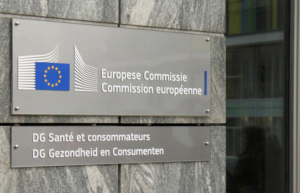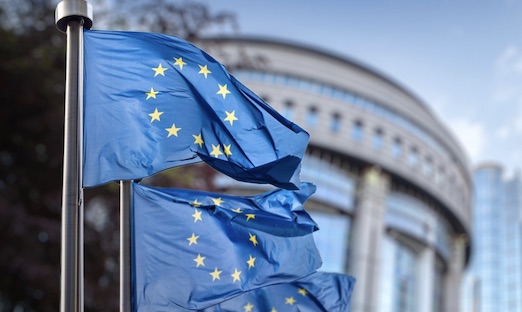© Sigmagazine, rivista d'informazione specializzata e destinata ai professionisti del commercio delle sigarette elettroniche e dei liquidi di ricarica - Best edizioni srls, viale Bruno Buozzi 47, Roma - P. Iva 14153851002 - Direttore responsabile: Stefano Caliciuri - Redazione: viale Angelico 78, Roma - Testata giornalistica registrata presso il Tribunale di Roma al numero 234/2015 - Registro Operatori della Comunicazione: 29956/2017
Vaping is Not Tobacco – the European Citizens’ Initiative aimed at requesting a European law on vaping separate from the one governing tobacco – is already being called into question, even before the collection of signatures has begun. The first attempt at delegitimising the petition comes from the European edition of Politico, in an article by Katie Jennings entitled: Big Tobacco’s push for Big Vape.
The position of the article was already clear from the questions put to Dustin Dahlmann (Representative) and to myself (Substitute), which substantially focused on the role of Imperial Tobacco, and not on the content of the Initiative. Therefore, given the presence of Valerio Forconi, representing Belgium and an employee of Imperial Tobacco (which made a € 10,000 contribution to the development of the software platform of the Initiative) and Dustin Dahlmann, representing the German association BfTG, I too had necessarily to be portrayed as a representative of the “national vaping industry associations”. A paid version of the article even stated that “Giacomello is president of the Italian vaping association Vapitaly”.
 It took several e-mails to request that this be rectified, but all I managed to obtain was the removal of the word “associations” – I explained to Jennings that the associations would not have tolerated what she had written – and the rewording of the sentence as follows: “Giacomello represent vaping industry interests in Italy”. Which is equally incorrect. The journalist could not, of course, admit that I have never represented the associations of companies in the sector – I have always worked with consumers’ associations – because this would have brought the whole proposition her article is based on crashing down like a house of cards. Besides, the European Commission had already clarified for her that the Initiative was perfectly legitimate.
It took several e-mails to request that this be rectified, but all I managed to obtain was the removal of the word “associations” – I explained to Jennings that the associations would not have tolerated what she had written – and the rewording of the sentence as follows: “Giacomello represent vaping industry interests in Italy”. Which is equally incorrect. The journalist could not, of course, admit that I have never represented the associations of companies in the sector – I have always worked with consumers’ associations – because this would have brought the whole proposition her article is based on crashing down like a house of cards. Besides, the European Commission had already clarified for her that the Initiative was perfectly legitimate.
The article is also extremely biased from a scientific point of view, since the only interview is with an expert in tropical diseases who criticises the English approach to vaping, and does not offer any contribution from Public Health England, which is making impressive headway in the battle against tobacco addiction precisely thanks to vaping.
It comes as no surprise, however, to find that there is a preference from some quarters for keeping vaping within the legislation on tobacco. This legislation has undoubtedly encouraged big businesses into the arena – accustomed as they are to dealing with the monopoly agencies – and has caused difficulties for the smaller companies. Even the EU Health Commissioner Andriukaitis has said it is “ridiculous” to believe vaping can help people stop smoking, although he is unlikely to still be in that position when the TPD is reviewed.
Many other detractors are sure to emerge, but we must do our best to defend our right to have a law based on scientific evidence rather than urban legends.






